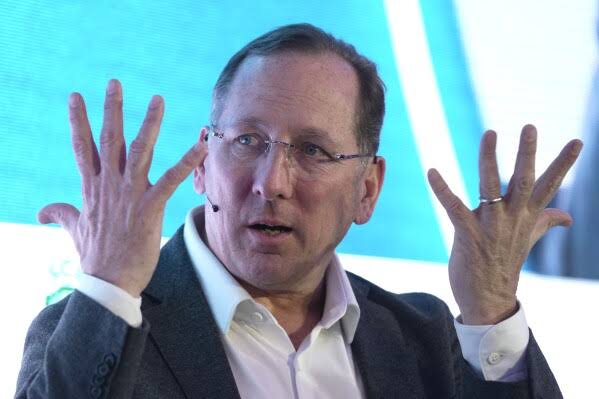LONDON, July 20, 2025 — Crystal Palace have officially received UEFA’s full written explanation for their controversial demotion from the 2025–26 UEFA Europa League to the Europa Conference League, in a ruling that has rocked the Premier League club and ignited debate about multi-club ownership in European football.
The decision, first announced earlier this month, stems from a breach of Article 5.01 of UEFA’s competition regulations, which prohibits any individual or group from having “decisive influence” over more than one club participating in the same European competition. The club’s minority owner, John Textor, also controls Olympique Lyonnais, who qualified for the Europa League through Ligue 1.
UEFA determined that Textor’s significant influence—holding a 43.9% stake in Crystal Palace and a 77% stake in Lyon via his investment firm Eagle Football Holdings—constituted a breach of the rules. Lyon, who finished higher in their domestic league (6th in Ligue 1), were given priority to remain in the Europa League.
Despite Textor’s and Palace chairman Steve Parish’s attempts to transfer shares to a blind trust, UEFA rejected this as an insufficient remedy, arguing that true separation of control had not been established by the March 1 deadline—a key cutoff date set by UEFA for resolving ownership conflicts. Palace’s legal team argued that administrative delays made that deadline unrealistic, but UEFA maintained that the deadline applied equally to all clubs.
As a result, Crystal Palace have been relegated to the Europa Conference League, with Nottingham Forest—who finished 9th in the Premier League—now taking their place in the Europa League.
In a scathing response, Steve Parish called the ruling “a disgraceful miscarriage of justice” and accused UEFA of applying its rules inconsistently. “We acted in good faith and were in advanced talks to resolve any ownership issues. This decision punishes our players and fans for an issue that was administrative, not sporting,” Parish said.
The club has formally lodged an appeal with the Court of Arbitration for Sport (CAS) and is pushing for an expedited ruling before the European competition play-off rounds begin next month. Sources inside the club suggest they will challenge the definition of “decisive influence” and raise concerns about whether Lyon or Nottingham Forest were given preferential treatment.
Meanwhile, Crystal Palace supporters have staged protests outside Selhurst Park and UEFA headquarters, with banners reading “Sporting merit, not boardroom politics” and “We earned this on the pitch.”
Football analysts say the case could set a major precedent for how UEFA handles the growing trend of multi-club ownership, which now affects a rising number of European teams backed by consortiums and investment groups.
If Palace’s appeal fails, the financial impact could be significant, with Europa League participation estimated to be worth an additional £3–5 million in revenue over the Conference League.
For now, the Eagles’ European ambitions hang in the balance—caught between boardroom politics, regulatory enforcement, and the courtroom.


